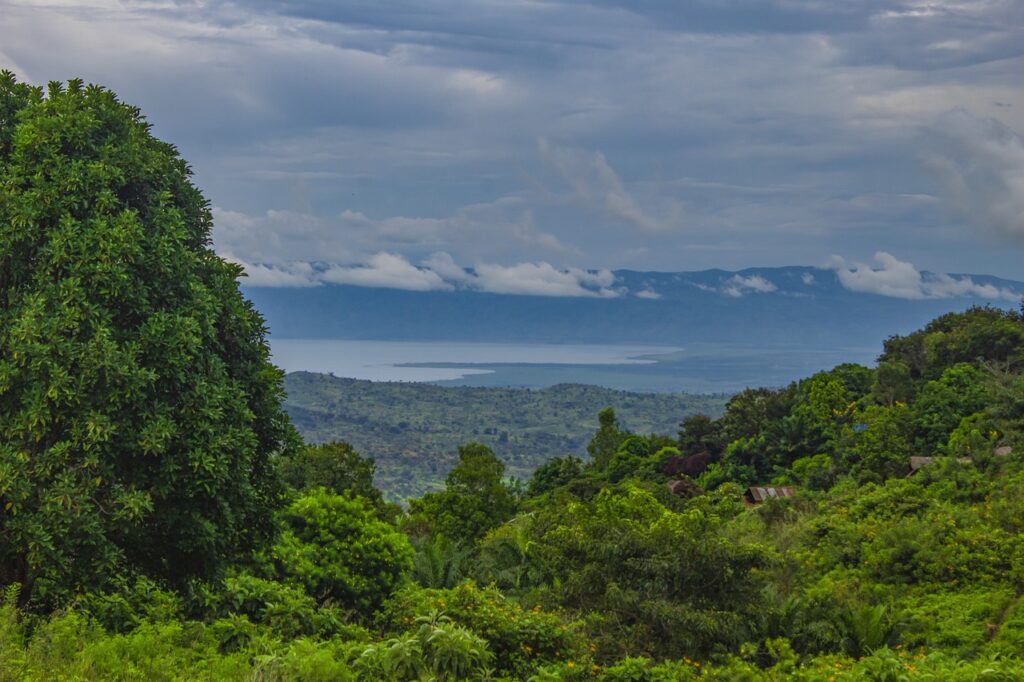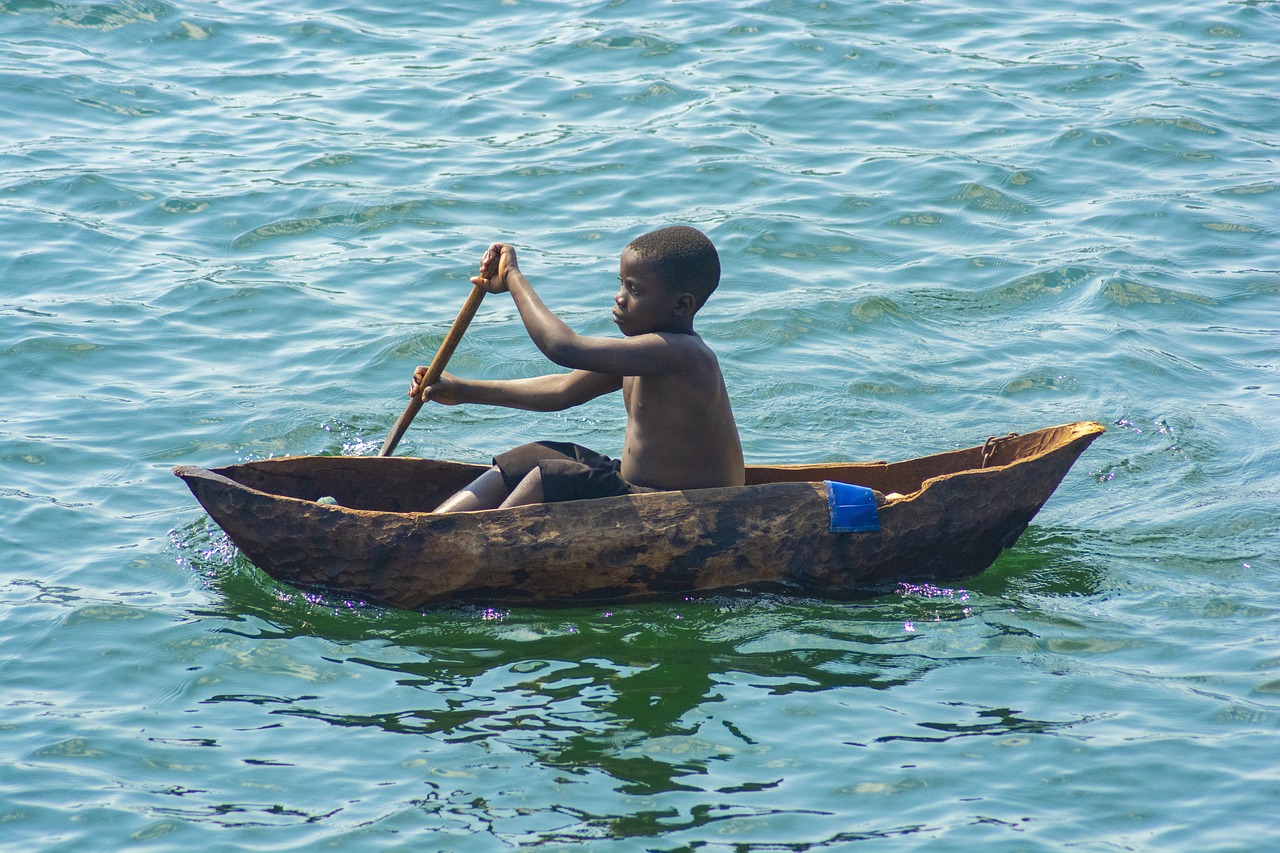Coffee is a beloved beverage enjoyed by millions of people worldwide. The flavors, aromas, and nuances of different coffee varieties offer a unique experience for coffee connoisseurs. One region renowned for producing exceptional coffee is the Lake Kivu area, located in the lush highlands of Rwanda and the Democratic Republic of Congo. In this article, we will delve into the reasons why coffee from the Lake Kivu area has earned a reputation for having the best taste, examining both the natural factors and the production methods that contribute to its exceptional quality.
Located at the foot of the Virunga volcano chain, Lake Kivu is notorious for harboring an extensive amount of dissolved carbon dioxide and methane, rendering it the most hazardous lake on our planet. However, amidst its perils, this lake also provides numerous benefits and opportunities for the local population, with the potential to become the primary energy source in the region. One benefit is the outstanding fertile soil that gives life to the best coffee beans.
Unique Geographic and Climatic Conditions
The Lake Kivu area boasts unique geographic and climatic conditions that are ideal for coffee cultivation. Situated at high altitudes ranging from 1,400 to 2,500 meters above sea level, the region offers cool temperatures and volcanic soils, creating a fertile environment for coffee plants to thrive. The combination of rich volcanic soils, optimal rainfall, and moderate temperatures contributes to the development of coffee beans with remarkable flavor profiles.

Variety of Coffee Cultivars
The Lake Kivu area is home to a diverse range of coffee cultivars, including Bourbon, Typica, and SL28. The Bourbon cultivar, in particular, is highly prized for its exceptional cup quality. The region’s high-altitude conditions, combined with these coffee varieties, imbue the coffee beans with distinctive characteristics such as a balanced acidity, medium body, and hints of fruity and floral notes.
Sustainable and Ethical Coffee Production
Coffee farmers in the Lake Kivu area have embraced sustainable and ethical practices, which further contribute to the exceptional taste of their coffee. Many farms in the region follow organic farming methods, avoiding the use of synthetic fertilizers and pesticides. This organic approach not only promotes the health of the soil and the environment but also ensures that the coffee beans are pure and free from harmful residues, enhancing their flavor.
Coffee production in the region often prioritizes individual smallholder farmers. These farmers meticulously handpick the coffee cherries at peak ripeness, ensuring that only the highest quality cherries are selected. This attention to detail and care throughout the harvesting process directly translates into the richness and complexity of flavors found in the coffee.

Unique Processing Methods
Coffee from the Lake Kivu area benefits from unique processing methods that contribute to its exceptional taste. One notable method is known as the “washed processing” technique. After the cherries are harvested, they are sorted and pulped to remove the outer skin, leaving behind the coffee beans encased in mucilage. The beans are then fermented in water for an extended period, which helps to break down the mucilage and improve the cleanliness and acidity of the beans.
Another processing method used in the region is the “honey processing” method, where some of the mucilage is intentionally left on the beans during the drying process. This technique imparts a distinct sweetness and complexity to the coffee, making it highly sought after.
Conclusion
The coffee from the Lake Kivu area stands out for its unparalleled taste, owed to a combination of unique geographic and climatic conditions, diverse coffee cultivars, sustainable farming practices, and specialized processing methods. The high altitudes, volcanic soils, and mild temperatures create an optimal environment for producing coffee beans with exceptional flavor profiles. Additionally, the region’s commitment to sustainable and ethical farming practices ensures that the coffee is not only delicious but also produced with care for the environment and the communities involved.
The coffee from the Lake Kivu area offers a sensory journey that captivates coffee enthusiasts with its balanced acidity, medium body, and notes of fruitiness and florals. By supporting the coffee farmers in this region, consumers not only embark on a delightful taste experience but also contribute to the preservation of a rich coffee-growing tradition and the local economy.




